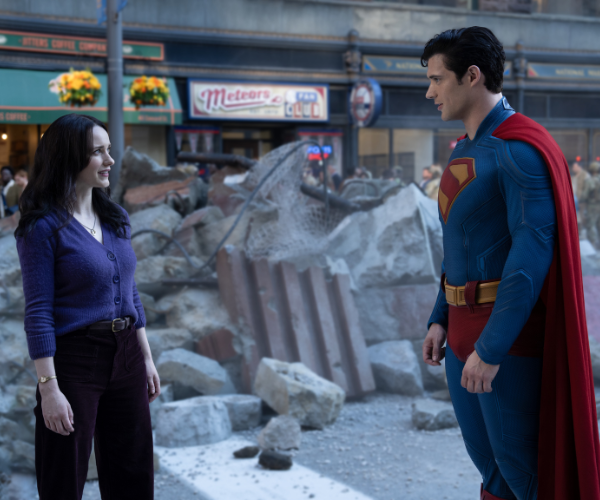The Cleveland International Film Festival keeps growing, and documentaries are fueling much of the surge. This year's fest, at Tower City Cinemas April 3-14, will screen more than 40 documentaries focused on social change as part of the Standing Up competition. Digital technologies have taken over filmmaking, giving more people a chance to tell true stories, explains artistic director Bill Guentzler. Audiences are responding. "People are fascinated looking into other people's lives," he says. Here are four documentaries on Guentzler's must-see list.
Downloaded
This flick returns to 1999, when the pioneers in digital music sharing, the founders of Napster, were outlaws. Guentzler says the film stands out for its interviews with top executives at Napster and major record companies — both sides of the digital music wars. The film fits the Standing Up theme, he says, because it shows inventive people doing something for others. "It's not necessarily activist, but it's definitely something that changed the world."
Good Ol' Freda
When the Beatles were a rowdy young band playing sweaty Liverpool clubs, they gave Freda Kelly a job. The shy young secretary worked for them for a decade, witnessing the heights and torments of their fame. Good Ol' Freda obtained the rare right to include several Beatles songs. "Freda was a strong woman they listened to," Guentzler says. "She was young, so she was kind of the sister that gave them outsiders' advice and didn't let them get too far into their egos."
Little World
A world traveler in a wheelchair, 20-year-old Albert Casals sets out on his most ambitious journey yet, with very little money, relying on strangers' goodwill. His destination: a lighthouse in New Zealand at precisely the other side of the globe from his home in Barcelona. "Our audience loves films that travel," Guentzler says. "[Casals] doesn't let his handicap hold him back from doing what he wants to do."
Lord Montagu
An English aristocrat who inherited a 13th-century palace, Lord Edward Montagu was felled by scandal, prosecuted and imprisoned in 1954 under an anti-gay law. Montagu rebuilt his reputation, staging festivals at his estate and founding Britain's National Motor Museum. The debate his case provoked in Britain led to the decriminalization of homosexuality there. "Now, with Britain finally passing gay marriage, it's very timely," says Guentzler.



